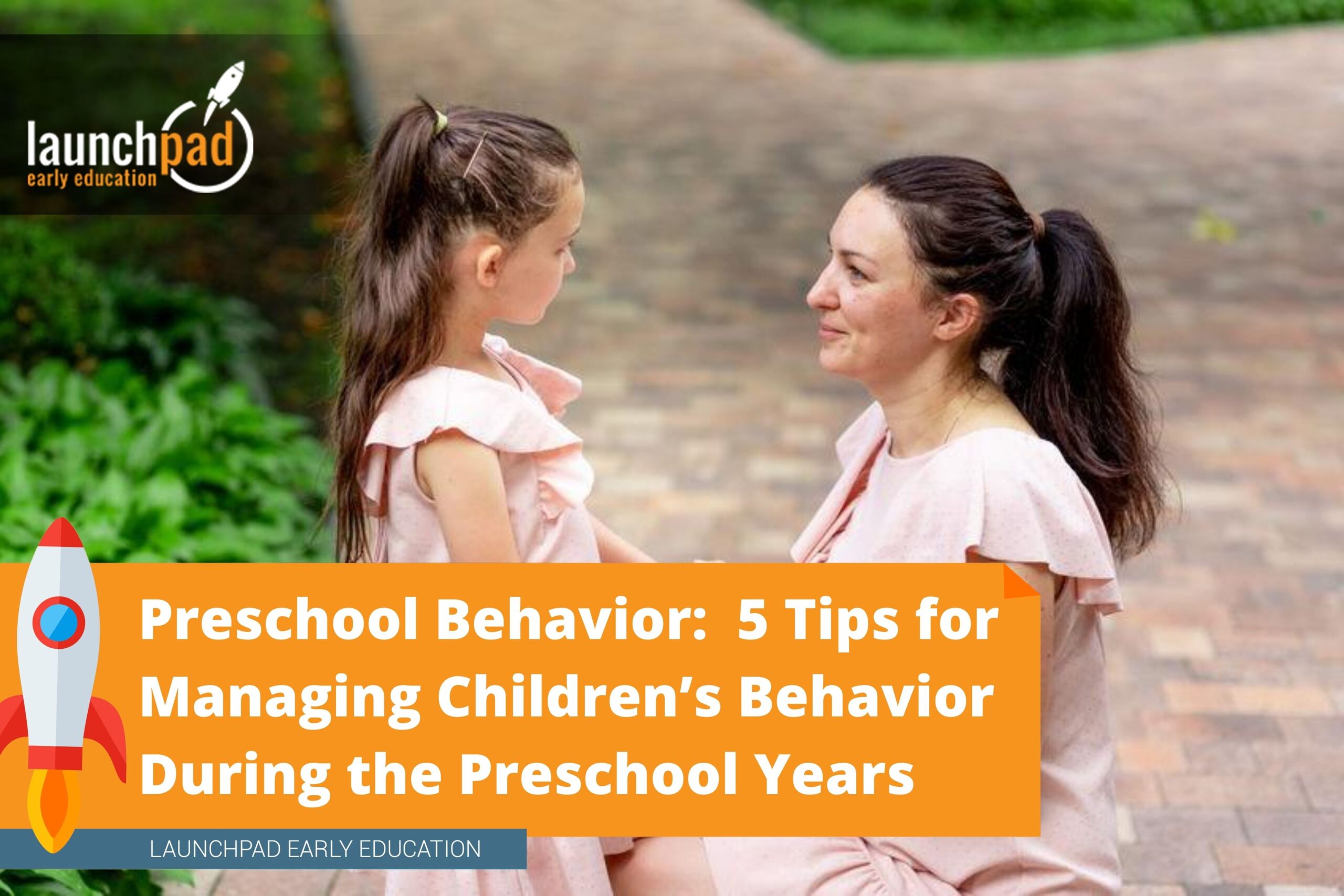The period between the ages of two and five years in a child’s life can be one of the most challenging phases in a parent’s journey. It is during these years that a child’s behavior may become difficult to manage. This is normal because during this period, your child is experiencing extreme and rapid developmental changes. Sometimes, negative or aggressive behaviors in preschool may be observed because kids at this age are testing the limits of their freedom and trying to assert independence. However, young children may encounter difficulty because they can’t always do the things they want to do. Additionally, their language skills are still developing. This is where undesirable behaviors like tantrums, lying, and aggression may begin to appear.
While all of these behaviors are a normal part of child development, it’s important for parents to be equipped with techniques for how to properly address these common preschool age behaviors. How we handle and deal with these kinds of behavior can make a significant difference, even when these types of things seem difficult to understand at the moment.
HOW TO MANAGE CHILD BEHAVIOR DURING THE PRESCHOOL YEARS
Establish clear behavior guidelines
Encouraging good behavior in preschool aged children means teaching them about discipline. The most important aspect of discipline is establishing a warm and loving relationship with your little one. Children are more receptive when discipline is accompanied by love. Before you establish behavior guidelines, make sure you’re also working on nurturing your relationship with your child.
Now you can start developing clear guidelines and establish comprehensive expectations for their behavior. Instead of suggesting or prescribing what you expect your child to do, it’s better to encourage his or her input. During your conversations, ask them questions so you can get a feel for their understanding of appropriate behavior and how they can exhibit it in positive ways. Be specific with your expectations. If you’re talking about being kind, don’t forget to discuss examples of what kindness looks like.
Create a routine
Toddlers and preschoolers thrive on routine. Preschool behavior is easier to manage when children know what to expect each day. This is one of the great things about sending young children to a quality preschool. During preschool, young kids learn about routine because they follow a carefully planned schedule that involves an ideal combination of learning, eating, playing and so on.
As parents, you can continue teaching your little one about routine by creating routines for them at home. Schedule your child’s activities and try to be consistent about it whenever possible. For instance, you may have your child eat breakfast as soon as he or she gets up in the morning, and then bathe.After that, they may have playtime, reading time and then lunch and so on.
Reinforce good behavior
No matter how young or old, we all thrive on praise and appreciation. Preschoolers also enjoy being recognized for their accomplishments as much as we do. This is part of positive discipline. Acknowledge when your child exhibits desired behavior. Let children know how much you appreciate it when they follow your directions, show kindness to others, or share their toys. This is how children stay motivated when it comes to continued appropropriate behaviors.
Even if there are times when you want to say “no” or “don’t”, it’s better to use positive words or phrases. For example, instead of saying “No, you can’t have ice cream before dinner”, try saying something like, “You can have ice cream after you finish eating dinner.”
Be firm
Preschoolers may whine incessantly if they don’t get what they want, but it’s important that you remain firm and consistent. Mean it when you say “no” to something that is not allowed, and be firm. It may be tempting to break or bend some rules at times, but being consistent is the key to teaching and instilling discipline in young children.
Be a role model
There’s no better way to teach your child about right and wrong than by modeling these behaviors in front of them. Young kids watch their parents’ actions more than they listen to their words. How you behave and what you do means more than what you say. When you teach young children about self-care by keeping their bodies clean and eating healthy foods, be sure to do the same. Your words should always match your actions.
Managing preschoolers’ behavior can seem a lot easier said than done. Try these useful tips to help make parenting during this phase smoother and more manageable.
Need more parenting tips and advice? Are you looking for a good preschool for your child? Visit Launchpad Early Education for more information!


